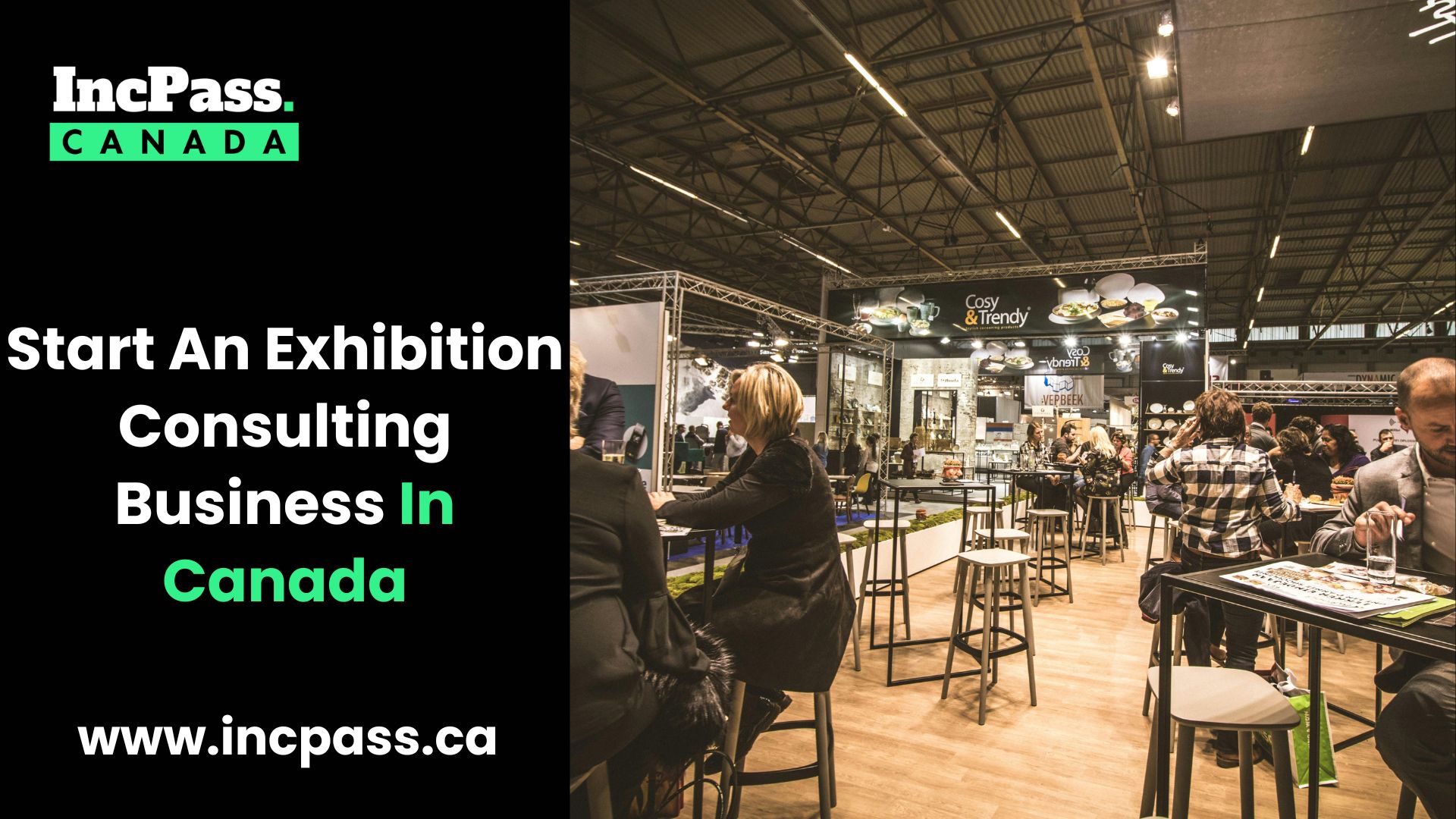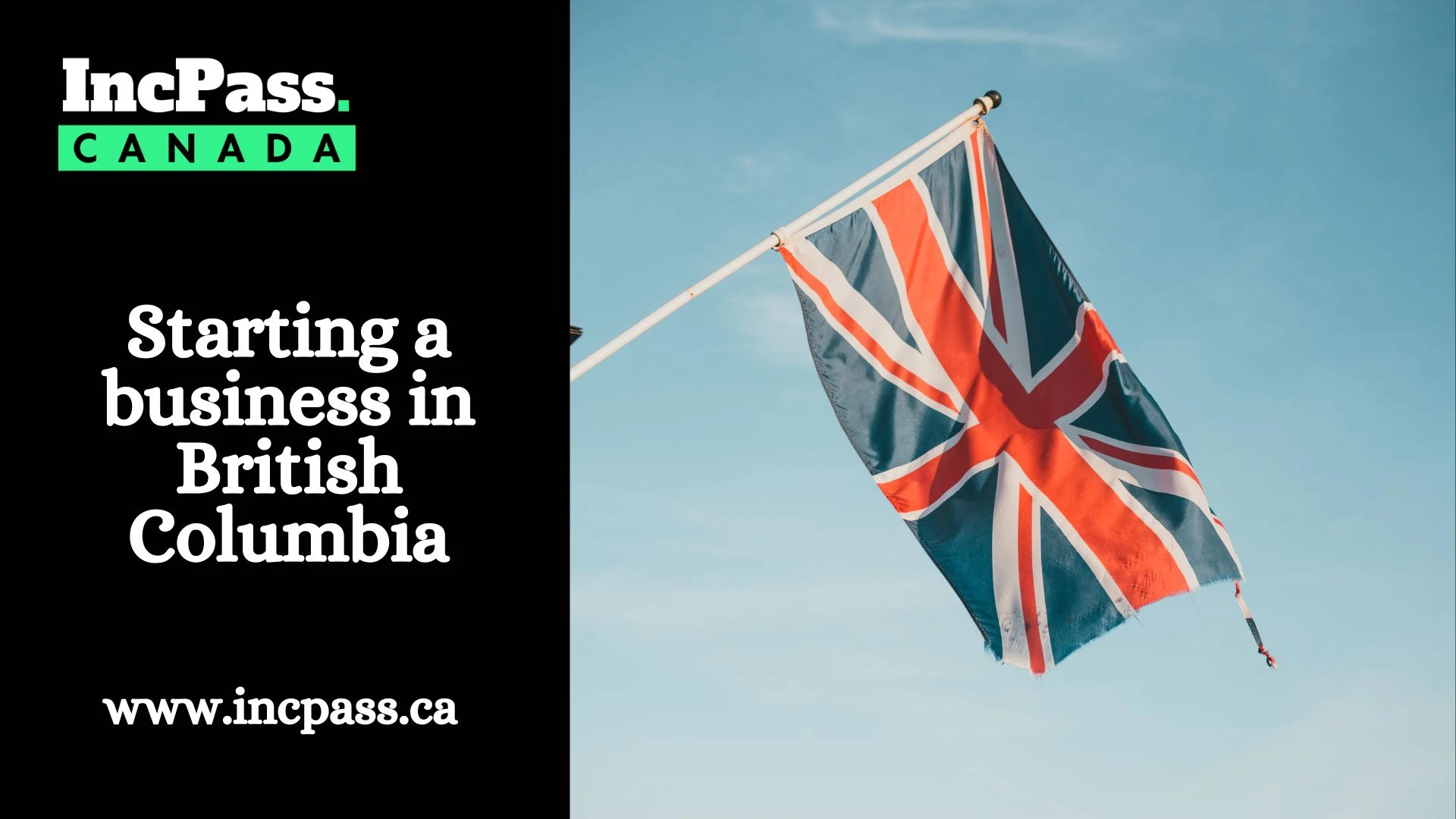Introduction
In Canada, there is a rare chance to enter a thriving and expanding sector by opening an exhibition consulting company. Canada provides a fertile field for exhibitions that appeal to a wide range of audiences because of its diversified cultural landscape and vibrant arts sector. Building solid industry relationships, being aware of local legislation, and adjusting to the unique cultural preferences of Canada are all essential for starting a successful exhibition consulting business. A valued business partner for clients seeking to create memorable and compelling exhibitions, you can further improve your services by utilizing cutting-edge technology and creative approaches.
How to do Market Research to Start an Exhibition Consulting Business in Canada Successfully?
1. Evaluate Industry Trends
The first step in starting a consulting business for exhibitions in Canada is to do an analysis of the existing trends in the industry. Determine the potential for expansion of popular exhibition kinds, such as art exhibits, trade fairs, and cultural events.
Analyze the target audience by looking at the tastes and demographics of Canadian audiences. Knowing what draws people to exhibitions can enable consultative services to be more successfully tailored to meet the demands of clients.
2. Competitive Landscape
Research Canadian companies that now provide exhibition consulting services. Examine their advantages, disadvantages, and services provided to find any holes in the industry.
3. Economic Factors
Assess the state of the economy and how it affects consumers’ discretionary expenditure on shows and events.
4. Client Demand
To determine the need for consulting services, get in touch with possible clients including galleries, museums, and businesses.
Navigating Canadian Regulations and Permits for Exhibitions
- Recognize Local Zoning Laws: The zoning laws pertaining to different venues are crucial to understand when starting an exhibition consulting business in Canada. Regarding the kinds of events that are permitted in particular locations, many provinces and municipalities may have particular regulations.
- Get All Required Permits: Get the building permits, special event permits, fire safety approvals, and other permits needed to organize exhibitions.
- Comply with Health and Safety Standards: Adhere to Canada’s health and safety rules, which cover things like emergency exits, capacity restrictions, and accessibility requirements.
- Insurance Requirements: Ensuring that clients possess sufficient liability insurance to cover any potential dangers during the exhibition is one of the insurance requirements.
- Copyright and Intellectual Property: Respect Canadian copyright regulations while handling intellectual property, particularly if the show includes digital files, performances, or artwork.
Building a Network with Canadian Art and Event Professionals
- Attend Industry Events: Visit trade shows, art exhibits, and networking gatherings to connect with people in the field if you want to launch an exhibition consulting company in Canada.
- Join Professional Associations: To network with business executives and keep up with market developments, join associations such as the Canadian Association of Exhibition Management (CAEM) and your local art council.
- Work Together with Local Venues: To create enduring connections and land possible commercial opportunities, collaborate with local museums, galleries, and event venues.
- Employ Social Media: Make use of sites like Instagram and LinkedIn to network with artists, curators, and event coordinators while promoting your skills and services.
- Provide Free Consultations: In the Canadian exhibition sector, offering free consultations can help you develop a reputation and earn the trust of prospective customers.
If you are looking to set up a business in Canada, you can contact our Incpass team to register your business.
Adapting to Cultural Preferences in Canadian Exhibitions
- Accept Diversity: Because Canadian audiences come from a variety of cultural backgrounds, it’s critical that exhibitions include a range of viewpoints. To appeal to a broad audience, highlight themes and works from many ethnic backgrounds.
- Regional Preferences: Recognize the disparities in regional cultures across Canada, such as the Francophone population of Quebec’s preferences in comparison to the English-speaking regions, and adjust exhibitions to reflect these variances.
- Indigenous Representation: Include Indigenous stories and artwork, recognizing the importance of Métis, Inuit, and First Nations cultures in Canadian history and modern society.
- Seasonal Themes: To establish relevance and boost interaction, time displays to coincide with Canadian holidays, seasons, or occasions such as Canada Day.
Include hands-on activities, workshops, or guided tours to increase the exhibition’s appeal. Interactive and educational components are highly valued by Canadians.
Leveraging Technology in Canadian Exhibition Consulting
- Virtual Exhibitions: To grow your Canadian exhibition consulting business, provide virtual exhibition solutions to a wider audience by utilizing VR and 3D modeling platforms.
- Project Management Tools: To monitor activities, organize projects more effectively, and communicate with clients and vendors more effectively, use tools such as Asana or Trello.
- Data analytics: Track visitor interaction, get input, and tailor subsequent exhibitions to the interests of your audience with the use of analytics technologies.
- Social Media Marketing: To draw visitors to exhibitions, use Facebook and Instagram to market them through focused social media campaigns.
Use augmented reality (AR) to build interactive, immersive experiences that increase the engagement of your visitors.
Conclusion
Starting a consultancy business for exhibitions in Canada is a bright prospect in a market that is vibrant and varied. You may launch a profitable consulting business by carrying out in-depth market research, managing regional laws, developing strong networks, accommodating cultural preferences, and utilizing contemporary technologies. In addition to assisting you in launching an exhibition consulting company in Canada, putting an emphasis on these components will guarantee that you provide your clients with distinctive and impactful experiences. In order to stand out in the exhibition sector, embrace the distinctive Canadian terrain and be innovative.
FAQs
1. What are the first stages of starting an exhibition consulting firm in Canada?
Conduct market research, learn about legislation, network with industry specialists, and arrange your services.
2. What permits are needed to host exhibitions in Canada?
You must get special event licenses, and building permits, and follow all health and safety standards.
3. How can I network in the Canadian exhibition industry?
Attend industry events, join professional organizations, work with local venues, and use social media.
4. What cultural concerns should I bear in mind for Canadian exhibitions?
Embrace variety, respect regional differences, integrate Indigenous representation, and follow seasonal themes.





